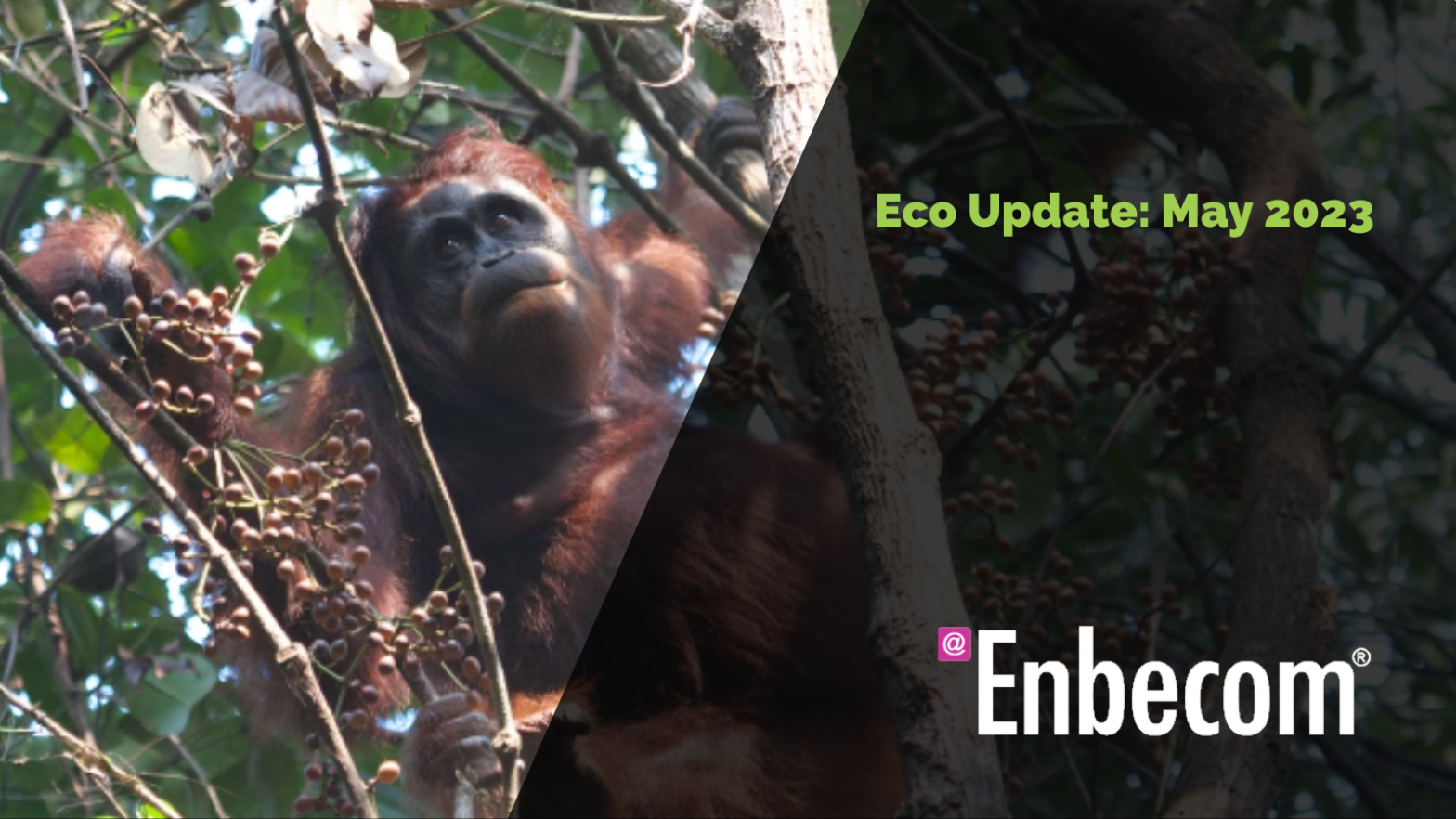A happy planet is just as important to us here at Enbecom as happy clients. Through our partnership with Ecologi we have helped support the planting of over 4,000 tress and several projects around the world.
This month we’ve helped to prevent an average of 43,410 tonnes of through a project that is turning organic waste into electricity in India, as well as helping protect habitat that is thought to be home to up to 10% of the world’s remaining Bornean orangutang population.
Turning local organic waste into electricity in India
India generates 62 million tonnes of municipal solid waste annually, with only 75% being collected and 20% undergoing proper treatment, leading to negative environmental consequences and significant health risks. Half of the municipal solid waste in India is organic, which, when deposited in dumpsites or landfills, undergoes anaerobic decomposition, releasing methane (CH4) and contributing to around 29% of the country’s total greenhouse gas emissions.
India’s energy demands are also rapidly growing, and electricity consumption and overall energy usage ranking among the highest globally.
To address these challenges, the India Organic Waste Management Programme disseminates biogas plants at domestic, community, and institutional levels. The captured biogas is utilized for thermal and electrical applications, replacing the use of fossil fuels, firewood for cooking and heating, and electricity sourced from fossil fuel burning or the grid.
The project effectively reduces methane emissions resulting from improper waste disposal, with annual emission reductions reaching up to 70,000 tCO2e. Additionally, between 2016 and 2020, the project supported 73 local jobs.
Peatland restoration and conservation in Indonesia
Peatlands, are valuable ecosystems on Earth that serve as enormous carbon stores, with below ground stocks storing up to 20 times the amount found in trees and vegetation. Despite covering just 3% of the Earth’s surface, peatlands store more carbon than all other types of vegetation combined.
Indonesia has around 36% of the world’s tropical peatlands, but these vital ecosystems are increasingly being destroyed. Between 2000 and 2015, the country lost an average of 498,000 hectares of forest annually.
The Katingan Restoration and Conservation Project, in Indonesian Borneo, aims to safeguard and restore 149,800 hectares of peatland ecosystem. The project employs satellite monitoring and fire management to protect existing peatland forests, including advanced techniques involving 500+ trained community firefighters, drones, and the planting of fire-resistant tree species to effectively prevent fires.
By protecting and restoring peatland ecosystems, the project pursues three primary goals. Firstly, it safeguards the carbon stored within peatlands. Secondly, it preserves the region’s rich biodiversity, which is home to a diverse community of plant and animal species. Finally, the project aims to enhance the well-being and sustainable economic prospects of the local population of 43,000 through initiatives like micro-finance loans to support female-led businesses.
The project is founded on the understanding that forest environments, wildlife, and local rural communities are closely connected, and that to improve one element, you must engage all three.
To learn more about these projects and other we have been supporting, see our profile here. You can also help to support these projects by signing your business up with Ecologi or when you buy one of our hosting plans.

